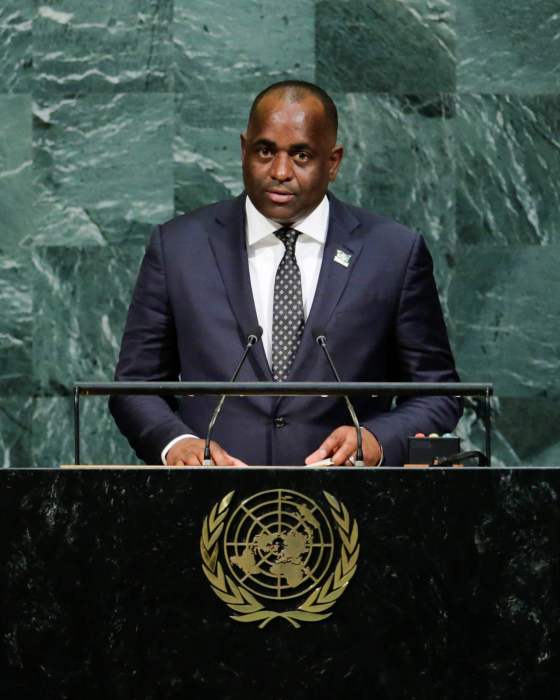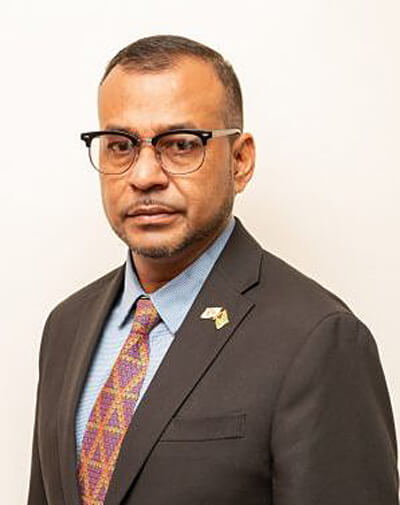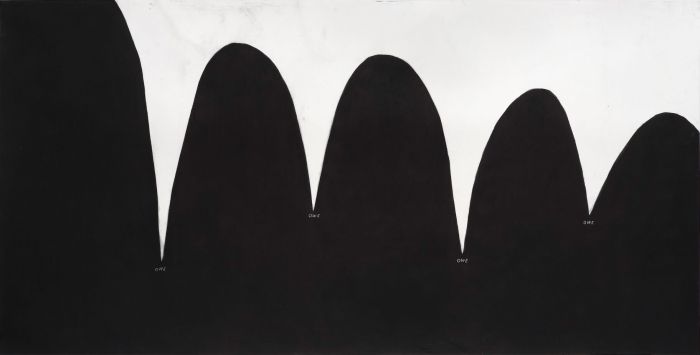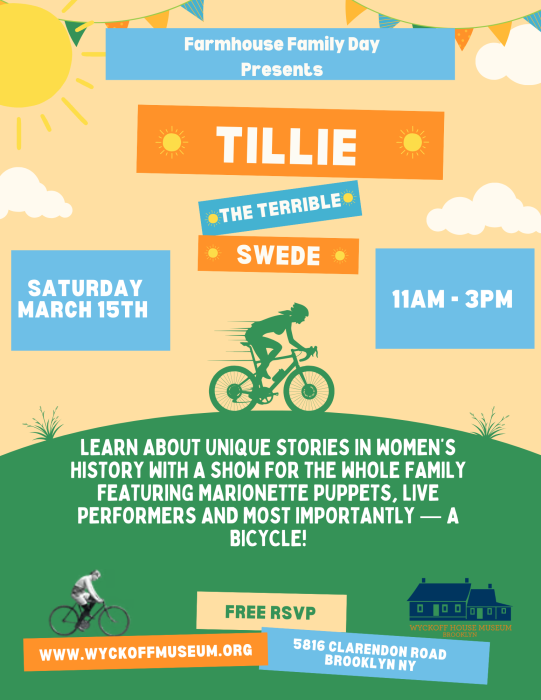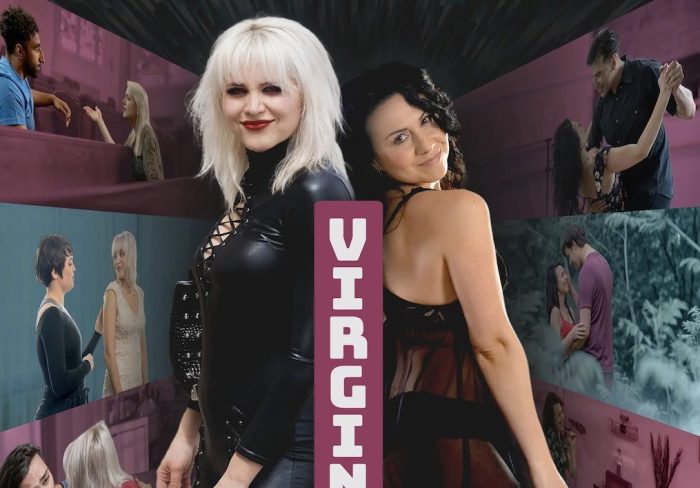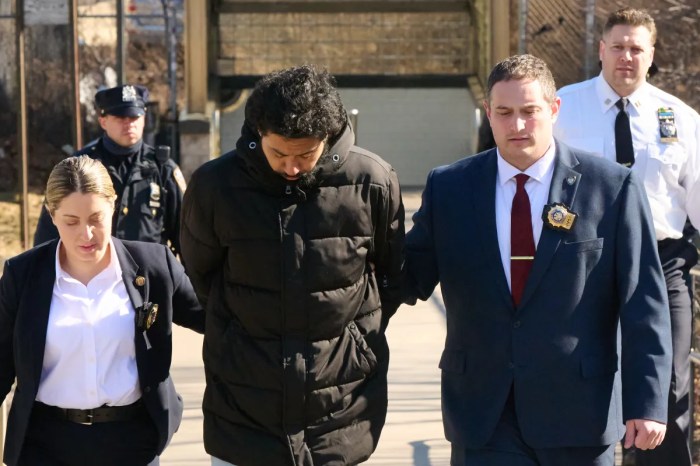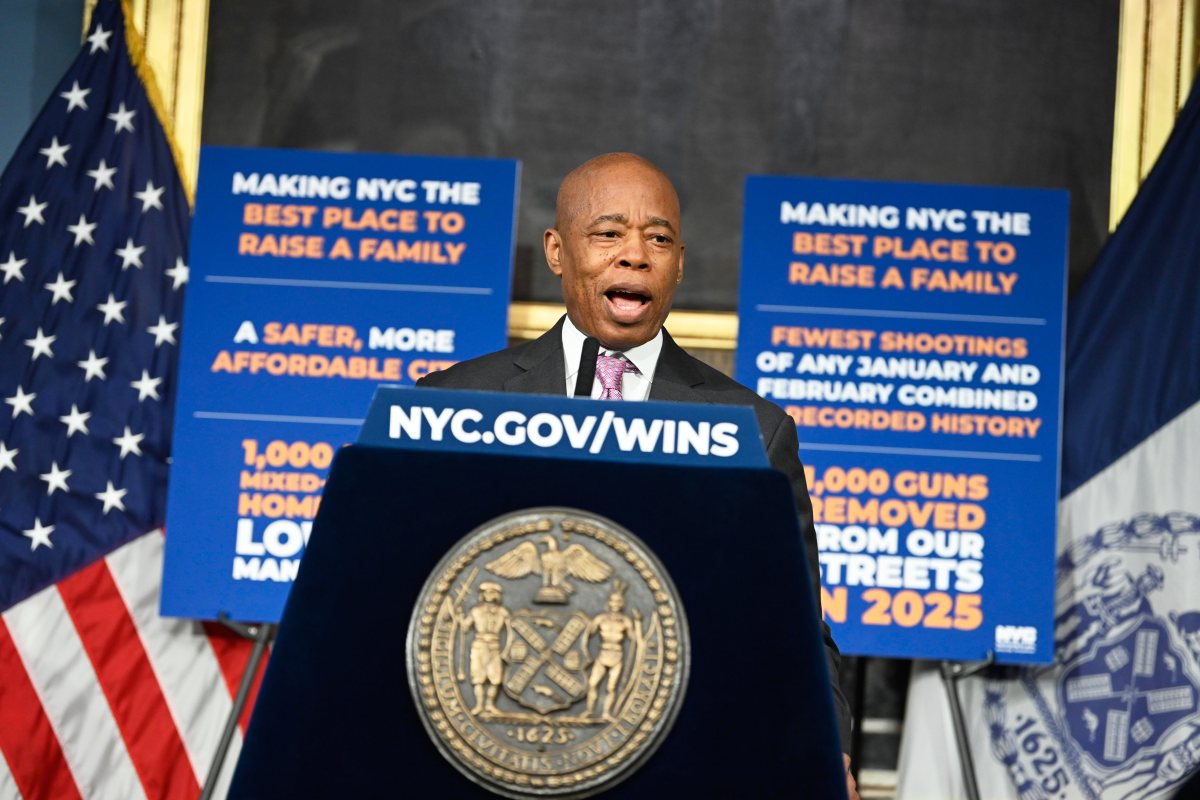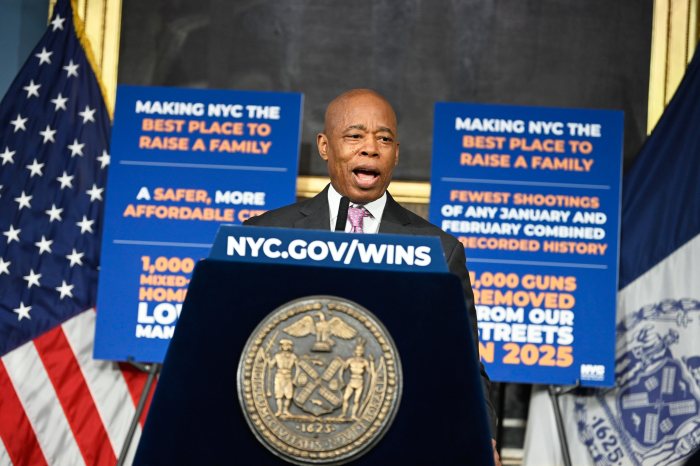A trip to Guyana on assignment as a private investigator led New Yorker Margaret Clemons to the country’s culture of violence, and the youth she would later inspire to tell their tale through photography in “Rebecca’s Story,” a short film which premiered to rave reviews at the recent CAFA Film Nights, Guyanese edition in Brooklyn.
Clemons, who started Witness Project International — a foundation to engage youth communities in arts-based programs, spoke passionately about using this medium to address violence because of the way art appeals to people.
“We are affected by what we see, and awareness makes us want to do, and change things,” Clemons said.
The gripping narrative about violence at the hands of Rebecca’s grandmother, and how the youth escapes the brutality by dreaming of the jungle — raises a serious issue about the epidemic that continues to threaten the lives Guyanese youth.
Rebecca’s new life comes through a literacy program from a neighbor who was a ‘witness’ to violence in the yard of the family’s home.
Clemons, the executive producer the film, said the short film dealt with three profound aspects: the perpetrayor of violence, the underbelly of the violence, and the victim of the violence and ultimately, the witness who intervened.
Acknowledging the grimness of violence and its implications in Guyanese society, Clemons whose New York charity’s sole purpose is to address violence against women and children, has taken her cause to the South American country and engaged the youth from the gritty Georgetown areas to tell their story, because according to her, the children are ‘witnesses’ to violence.
The Witness Project partnered with the 2011 Technology Entertainment and Design (TED) Prize Winner JR’ Global Inside Out Project, to equip the youths with cameras to get the message out that say – “Stop Your violence against our mothers, sisters aunts, and neighbors. “We see you and you must do better.”
Brooklyn-based Project Manager of (WPI) Alysia S. Christiani applauded Clemons for her insightful and caring work with the youth.
“Margaret fell in love with Guyana during her first visit, and she used her foundation to bring Guyanese teachers to the US so that they could in turn share their knowledge with the youth, said Christiani, a Guyanese-American.
She also noted that due to the success of the program the local Stabroek Newspaper dedicated a full-page weekly column – for one years- to encourage the students to give a first-hand account of their experiences with violence.
“This film has to be a tool for change said Christiani who encourages other filmmakers to outfit students with a toolkit so that they can start a discussion with their peers on gender roles, literacy, and violence, for change. Such programs she added will be aired on the Ministry of Education learning channel.
Plans are also in the works to submit “Rebecca’s Story” to film festivals in the Caribbean and North America to attract international attention.
Co-founders of CAFA, Romola Lucas and Justen Blaize announced Friday, March 28, as Women’s History Month Edition as part of the monthly film series. The six films by women directors will be held at Nicholas Variety, located at 570 Fulton St., Brooklyn. Show time is 7:30 p.m.
The films are “Jeffrey’s Calypso” by Vashti Anderson of Trinidad, “Docket 32357” by Eljon Wardally of Grenada, “HogHole” by Aiko Roudette of St. Vincent & The Grenadines, “Missed” by Michelle Serieux of Jamaica, “Auntie” by Lisa Harewood of Barbados, and “Crossing the Line of Desire” by Davina Lee of St. Lucia.
The duo said they are committed to sharing and educating audiences about the extraordinary work being done by Caribbean Filmmakers. Their aim is to bridge the gap by showing audiences the similarities Caribbean islands share culturally.


